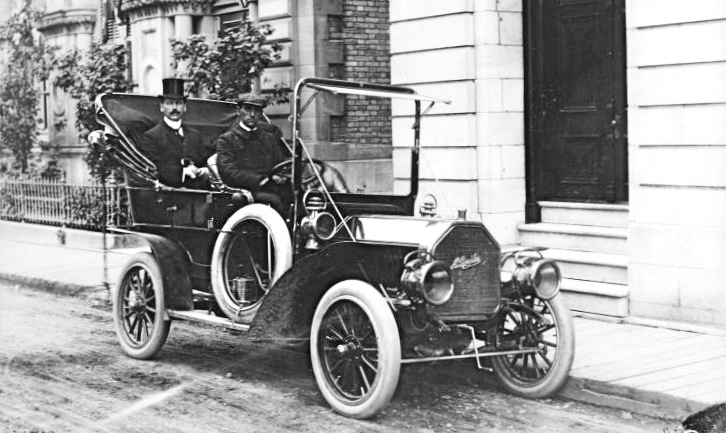
Each day after work, Smith takes the train to the suburb where he lives, and his chauffeur meets him at the station and drives him home. One day Smith finishes work early and arrives at the suburb one hour earlier than usual. He starts walking home, and the chauffeur meets him on the road and drives him the rest of the way. This gets Smith home 10 minutes earlier than usual. How long did he walk? (Disregard the time spent in stopping and picking up Smith, and assume that the chauffeur normally arrives at the station just as the train does.)
|
SelectClick for Answer |
The chauffeur has been spared the journey from the meeting point to the station and back. If this brings him home 10 minutes early, then it must normally take him 5 minutes to get from the meeting point to the station. Smith arrived at the station an hour early and arrived home 10 minutes earlier than usual, so it took him 50 minutes longer than usual to get home from the station. That’s due to his walking rather than riding from the station to the meeting point. This shows that it takes Smith 50 minutes more than the car to cover that distance. So he must have walked for 5 + 50 = 55 minutes.
(From Fred Schuh, The Master Book of Mathematical Recreations, 1968.)
|

